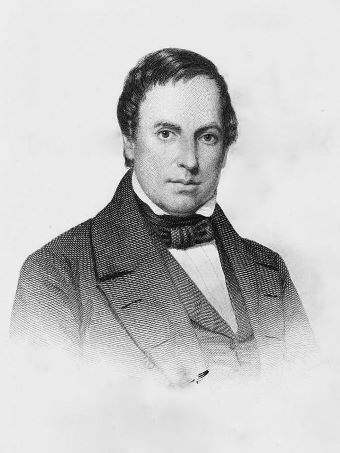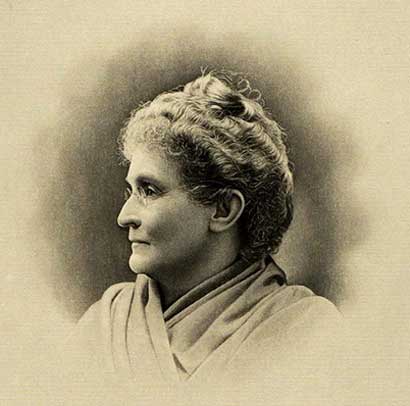“Your time could not have been improved to better advantage than by reading law.”
Lavinia Goodell, September 1875
In late summer 1875, a little over a year after she was admitted to practice law in Wisconsin, Lavinia Goodell penned an article that appeared in the September 4, 1975 Woman’s Journal titled “Shall Women Study Law?” Her conclusion was a resounding “yes.”

Lavinia’s article answered six questions about the feasibility of women studying law. The first was “Had I better study? Will it pay?” Lavinia encouraged everyone having a taste for legal study and the time to devote to it to by all means study. She said, “Should you never practice, or even never complete a full course of reading, … the information thus obtained will be invaluable to you and the mental discipline is worth solid gold.”

Second, in response to the question, “What previous education is necessary?” she replied, “The more the better.” While she said a collegiate course was desirable for someone who was young and could spare the time, it was not indispensable. She held the same view of Latin study. On the other hand, she deemed “a thorough mathematical course and good knowledge of history” necessary and touted the benefits of being well read in literature, taking a metaphysical course, and studying logic and languages.
Continue reading →















